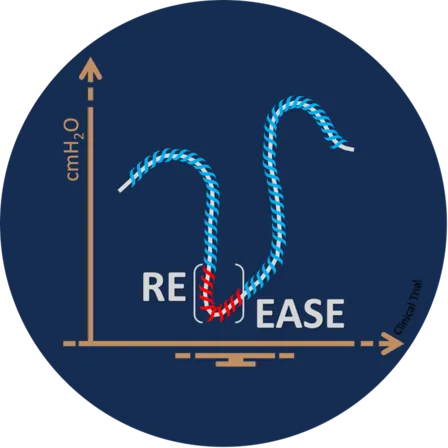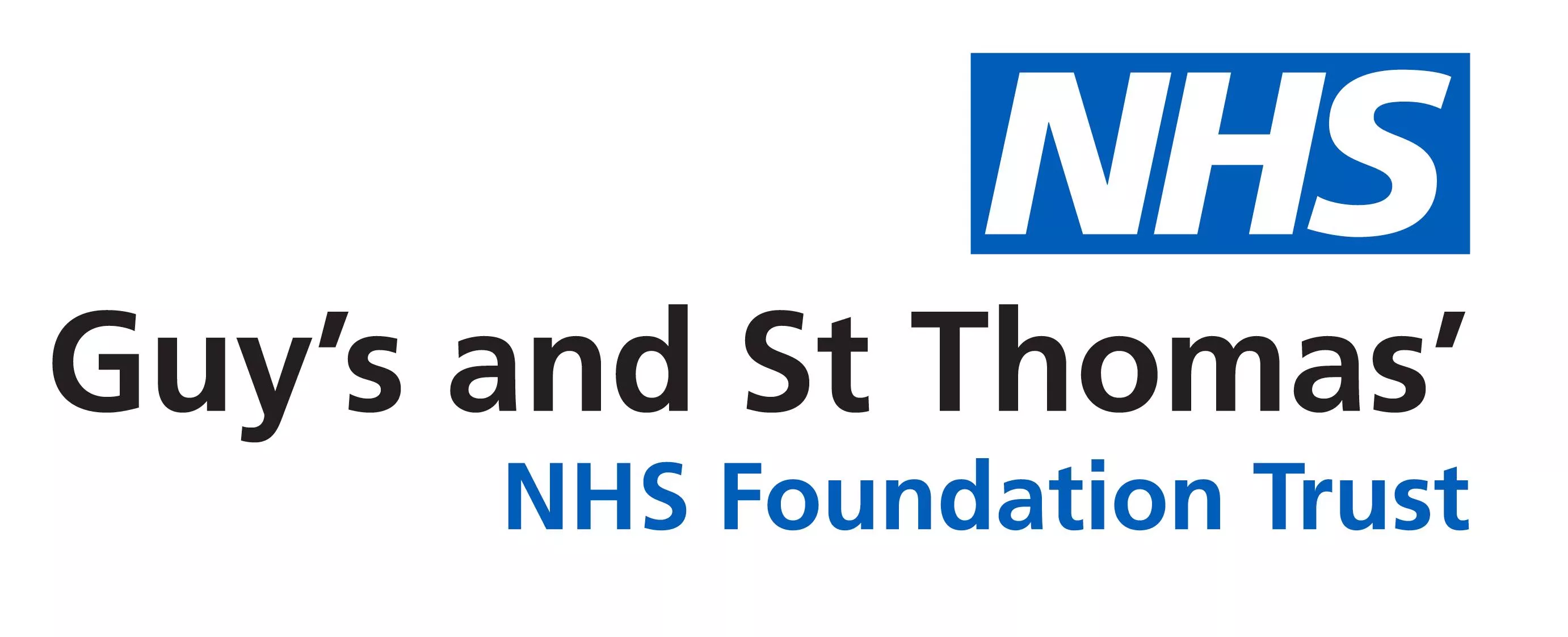Airway Pressure Release Ventilation (APRV) vs conventional ventilation for patients with moderate to severe acute hypoxemic respiratory failure: The RELEASE trial
Many patients with acute hypoxaemic respiratory failure (AHRF) require invasive mechanical ventilation (IMV). IMV is associated with morbidity and mortality which may in part be attributable to the way IMV is delivered. Significant NHS costs are incurred (average £1864/ICU day, average IMV duration 6 days) with total costs increasing with IMV duration. IMV optimisation could reduce lung damage thereby reducing IMV duration, mortality, and costs. AHRF survivors experience reduced quality of life, with substantial costs to the NHS and to society.
APRV is an innovative ventilatory strategy available on all ICU ventilators at no additional cost to the NHS. APRV may minimise ventilator induced lung injury by maintaining lung volume, preventing excessive lung stretch and collapse. APRV moves gas into the lungs over a longer inspiration time, resulting in greater and more uniform lung inflation improving gas exchange with less risk of injury. If APRV reduces the time spent receiving IMV this may shorten time to return to pre-ICU quality of life.
Project Investigators are Prof Louise Rose, Prof Gavin Perkins, Prof Gary Mills, Prof Manu Shankar-Hari, Mr Brian Williams, Mr Kai Hughes, Prof Ranjit Lall, Dr Chen Ji, Dr Rebecca Kandiyali.

Aims
Our overall aim is to investigate the clinical and cost-effectiveness of early APRV compared to conventional IMV in moderate-severe AHRF.
The primary outcome is duration of invasive mechanical ventilation (time from randomisation to first successful unassisted breathing or death).
RELEASE, CoReCCT, confederation, critical care, intensive care, icu, ccu, respiratory, aprv, Airway Pressure Release Ventilation, ventilation, ventilator, AHRF, ARDs.
Principal Investigators
Investigators
Affiliations
Funding
Funding Body: National Institute for Health and Care Research
Amount: £1,811,008.92
Period: January 2024 - May 2027










